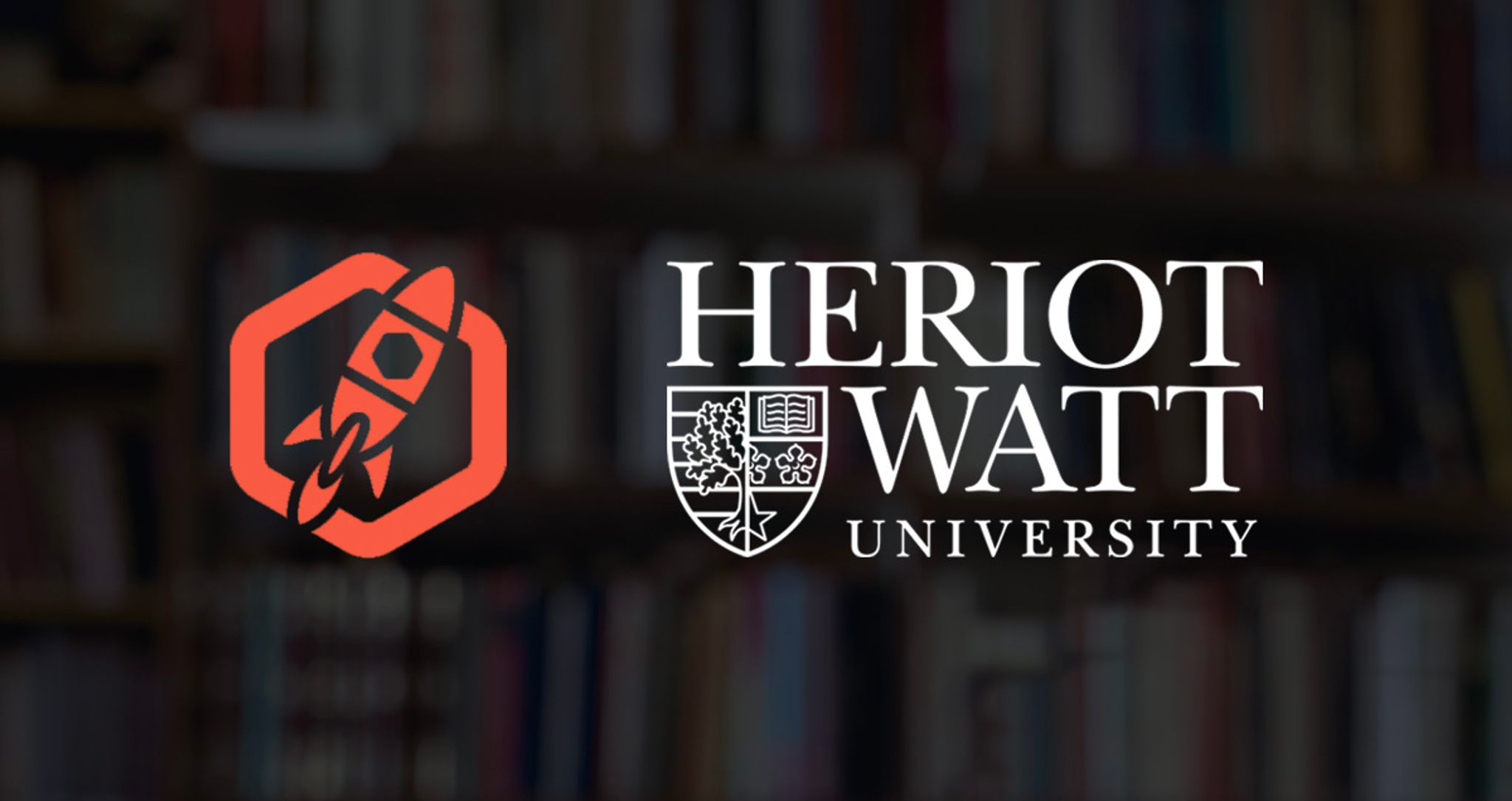Zengenti Expands Focus on Higher Education, Brings Contensis CMS to Heriot-Watt University

Like most businesses, colleges and universities rely on digital experiences to reach and serve their audiences. While many were forced to transform during Covid-19 to support remote learning requirements, they have often trailed the commercial market – following more of a public sector arc when embracing new (and often expensive) technologies.
That's why they require deep specialization from their digital partners, and this is where Zengenti excels. The software and consulting firm behind the Contensis CMS recently announced a partnership with Heriot-Watt University, growing its enrollment of higher education customers to more than 20.
Contensis, an award-winning composable CMS, has carved out a niche within the higher ed marketplace with its flexible platform offerings – which is further buoyed by Zengenti's focused expertise in the higher ed sector. According to the company's press release, Heriot-Watt plans to use the new CMS to enhance the digital experience for prospective students, alumni, and partners.
A CMS built for a world-class university
If you're unfamiliar, Heriot-Watt is considered one of Scotland’s most international universities, with more than 27,000 registered students, five campuses, and over 100 learning partners worldwide.
The school's previous on-premise CMS powered a website serving thousands of users, including students from over 150 unique countries. By moving to Contensis, the legacy system will be replaced with a modern API-first and cloud-hosted CMS, enabling the school with greater flexibility and scalability to manage its digital experience.
“We’re excited to be working with Zengenti as our partner for this major transformation project,” said Emma Leech, Global Marketing Director at Heriot-Watt. “Their market understanding, wide-ranging expertise and track record of delivery will be pivotal in allowing us to rethink our global digital presence.”
A lesson for serving the higher education market
On its website, Contensis emphasizes the importance of content modeling, editing, and governance tools for helping content teams and developers – specifically those working in modern universities. Not only does Contensis deliver on these features, but its API-first approach makes connecting and managing content easier across websites, apps, and omnichannel experiences.
In addition to Heriot-Watt, Zengenti supports a multitude of notable higher ed customers in the UK, including King’s College London, The London School of Economics and Political Science, and the University of Waterloo.
“We’re delighted to be working with the Heriot-Watt University team,” said Richard Chivers, CEO of Zengenti. “This is an exciting and evolving period for the education industry, as leaders in the space continue to look for innovative new ways in which they can adapt to learning practices, hybrid working models and meeting the needs of its digital-savvy students who expect a seamless journey online.”
Chivers also mentioned a new Contensis feature called Blocks, which was released earlier this year and covered by CMS Critic.
“For developers, working with Blocks and React enables more of the team to work remotely in Contensis with a lower risk of change failure,” Chivers said. “For content editors and marketing teams, roles and permissions allow more changes to be pushed out, and its roll-back function can undo changes if needed.”
To learn more about Contensis CMS and its work with leading higher education institutions, visit https://www.contensis.com/.
About Contensis
UK-based Zengenti is the creator of Contensis, a headless Content Management System (CMS) with an integrated deployment platform. Contensis provides a single place to create, maintain and deliver content. Its content modeling, authoring, and governance features help teams create and keep top of well-structured content. Open APIs make integrating with leading platforms and products easy to deliver immersive digital experiences for audiences. Contensis powers websites for world-leading organizations across various industries, such as higher education, local government, and the private sector.